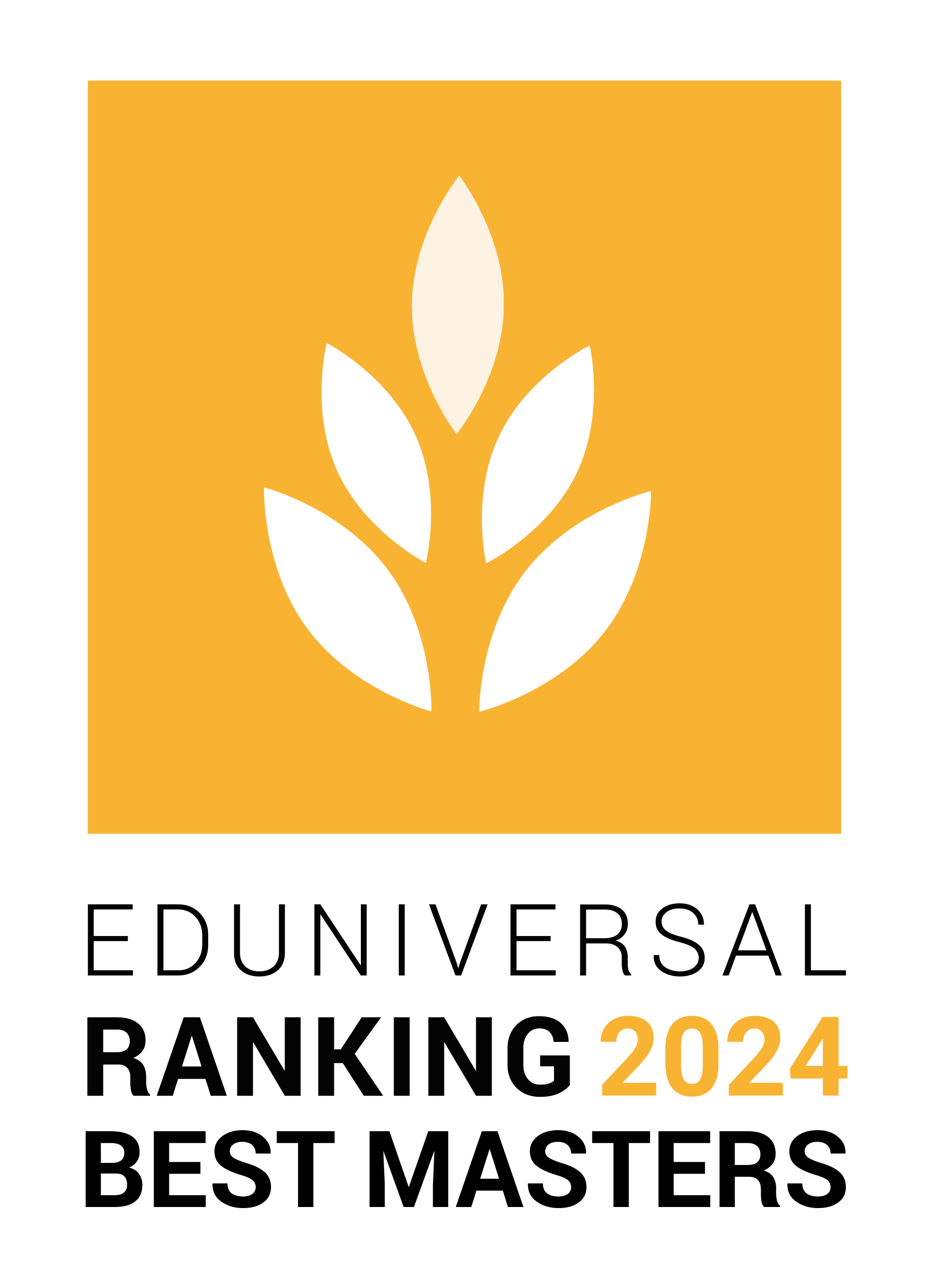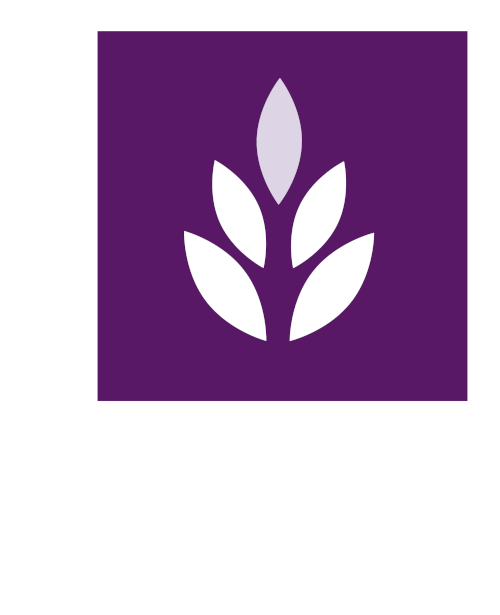- Home
- About
- Business Schools Ranking
- Selected schools
- study abroad
- Awards
- Contact

Study in New Zealand
New Zealand Statistics
Geography-Population
- Capital: Wellington
- Area: 268,021 km ²
- Climate: Maritime climate
- Population: 4,393,500 (est. 2010)
- Languages: English, Maori and New Zealand Sign Language (official)
Government-Economy
Government-Economy
Government Type: Parliamentary democracy and constitutional monarchyNational Holiday:February 6 GDP: $115.412 billion (est. 2010)
GDP – per capita (PPP): $ 28,722 (est. 2010)
Information for Foreign Students in New Zealand
Getting There There are international airports at Auckland, Hamilton, Wellington, Christchurch, Dunedin and Queenstown. The main gateways are Auckland and Christchurch, with Auckland servicing more than 20 destinations and a dozen airlines, and direct connections from Christchurch to Sydney, Melbourne, Brisbane, Singapore, Buenos Aires, Santiago de Chile and Tokyo. The others are largely restricted to flights from Australia. If you do take a flight through Australia, make sure that you have transit visa in case you need to get one. You'll not be able to get on your flight otherwise.
Obtaining a Visa All visitors who are not citizens of New Zealand need a passport to enter. Australian passport holders and current permanent residents of Australia may enter New Zealand without a visa and stay as long as they wish without restrictions including on employment. British passport holders can be granted a visa-free Visitor's Permit for up to six months on arrival. Citizens of a large number of other countries including Malaysia, Japan, Oman, Singapore, Israel, Taiwan and United States can be granted a visa-free visitor's entry for up to three months on arrival, check the list of Visa Free Countries (http://glossary.immigration.govt.nz/VisaFreeCountries.htm). All these waivers, including the one for Australians, can be refused. In particular, potential visitors with criminal records or who have been refused entry to or deported from any country should check with New Zealand immigration about whether they need to apply for a visa. Visitors from countries not in the visa-free list or those wishing to stay longer than the maximum visa-free period for their nationality, will need to apply for an appropriate visa. Check the Immigration New Zealand (http://www.immigration.govt.nz/migrant/stream/visit/visitors/canivisitnz/allaboutvisasandpermits/) web page for details. If entering as a tourist you must have a return ticket or evidence of onward travel to enter NZ and even check-in with airlines. If you do not then you will have to purchase one at the airport to be allowed to check in. Overseas students need to have a student visa and a reasonable level of cash to spend in order to undertake a course of study at a New Zealand based educational institution. Visas are generally valid for the duration of the course of study and only while the student is attending the course of study. New Zealand educational institutions will inform the appropriate immigration authorities if a student ceases to attend their enrolled courses, who may then suspend or cancel that student's visa. Educational institutions often also exchange this enrollment and attendance data electronically with other government agencies responsible for providing student assistance.
Accommodation International quality hotels can be found in the major cities. And New Zealanders seem to have perfected the art of the top-end homestay. Hosted luxury lodges are the top-end equivalent of the bed-and-breakfast market and New Zealand has upwards of 40 internationally recognised lodges. They tend to be situated away from cities, though some are right in the heart of the major centres, and can be difficult to get to. Bed and Breakfasts are popular as well as homestays, farmstays and similar lodgings - some of which are in the most unlikely places. There are also a number of hostels in New Zealand.
Money
Currency used in New Zealand is the New Zealand Dollar (NZD). Other currencies are not readily accepted other than at some of the larger hotels and at banks throughout New Zealand. Attempting to make a transaction in a foreign currency may result in some light hearted bemusement. New Zealanders are amongst the highest users of electronic banking services in the world. Automatic teller machines (ATMs), locally known as 'the hole in the wall', are available in just about every town, even those without a bank. Most shops have Eftpos (Electronic Funds Transfer at Point Of Sale) terminals for debit and credit cards, so most purchases can be made electronically. Credit cards are not accepted by some merchants with Eftpos, especially smaller food retailers such as dairies, takeaways and cafes that do not serve alcohol. Also smaller retailers may often set a minimum purchase of around $10 when obtaining cash, if they agree to provide cash. Banks offer a wide range of telephone and Internet banking services. If you are going to be in New Zealand for a while it may be convenient to open a New Zealand bank account and set up a local debit card, to avoid carrying a lot of cash around.
Health
New Zealand has a very high level of ultraviolet radiation and skin cancer, around 40% more intense than you will find in the Mediterranean during the summer. Sunglasses and sunscreen are highly recommended, especially if you are of European descent. Visiting the doctor will cost about NZ$50 and may vary between practices and localities. The New Zealand public hospital system is free of charge to Australian, British and New Zealand citizens but will charge other nationals for treatment received. An exception to this is in the case of any accident when the Accident Compensation Commission (ACC) will pick up the tab. Travel insurance is highly recommended. New Zealand has high and equitable standards of professional health care comparable with Sweden or Australia. Tap water is drinkable but precautions should be taken against Giardia when tramping.
Safety
While difficult to make international comparisons, the level of crime in New Zealand is similar to many other western countries. Dishonesty offences, such as theft, are by far the most frequent type of crime. Travellers should take simple, sensible precautions such as putting valuables away out of sight or in a secure place and locking doors of vehicles, even in remote locations, as much of this crime is opportunistic in nature.
Transportation
Driving around both the main islands by car is generally not a problem. You can reach almost anywhere you might need to in a two-wheel-drive car or even a small camper van. The volume of traffic is normally low and drivers are usually courteous. Within cities, traffic density is higher and some confusion may set in, given that many drivers are used to the open roads. Traffic drives on the left in New Zealand. Outside of cities roads are usually only one lane in each direction. Allow time to be caught behind slower moving traffic until it is safe to overtake. To legally drive in New Zealand then you need to be at least 15 years of age and hold a valid drivers licence from your home country. If you plan on staying and driving in country for over a year then you need to get a New Zealand driver's licence. You can also go by bus. Buses are a relatively cheap and environmentally friendly way to get around New Zealand. Most roads in New Zealand are quite narrow and winding, and travelling a long distance in a bus can be a safe and relaxing way to travel. Booking in advance on some lines can get you great bargains.
Official Selection of the Best Business Schools in New Zealand
|
5 Palmes Of Excellence UNIVERSAL Business School |
Rank Position in
Palmes’ League |
Deans’ Recommendation
rate 2024 |
|---|---|---|
| 1 | 379 ‰ |
|
4 Palmes Of Excellence TOP Business School |
Rank Position in
Palmes’ League |
Deans’ Recommendation
rate 2024 |
|---|---|---|
| 1 | 347 ‰ | |
|
Victoria University of Wellington - Victoria Business School |
2 | 232 ‰ |
| 3 | 211 ‰ | |
| 4 | 147 ‰ | |
| 5 | 105 ‰ |
|
3 Palmes Of Excellence EXCELLENT Business School |
Rank Position in
Palmes’ League |
Deans’ Recommendation
rate 2024 |
|---|---|---|
| 1 | 126 ‰ |
|
2 Palmes Of Excellence GOOD Business School |
Rank Position in
Palmes’ League |
Deans’ Recommendation
rate 2024 |
|---|---|---|
| 1 | 53 ‰ |

Official Selection of the Best Business Schools in New Zealand
Learn the ranking results of the best masters in New Zealand here:
http://www.best-masters.co.nz/
https://www.best-masters.com/ranking-master-in-new-zealand.html
